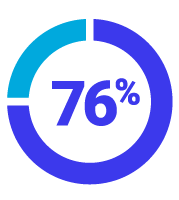Related resources

Report
The Maturity Model for Enterprise Labeling
The Maturity Model for Enterprise Labeling offers a framework for improvement in the area of labeling throughout your...
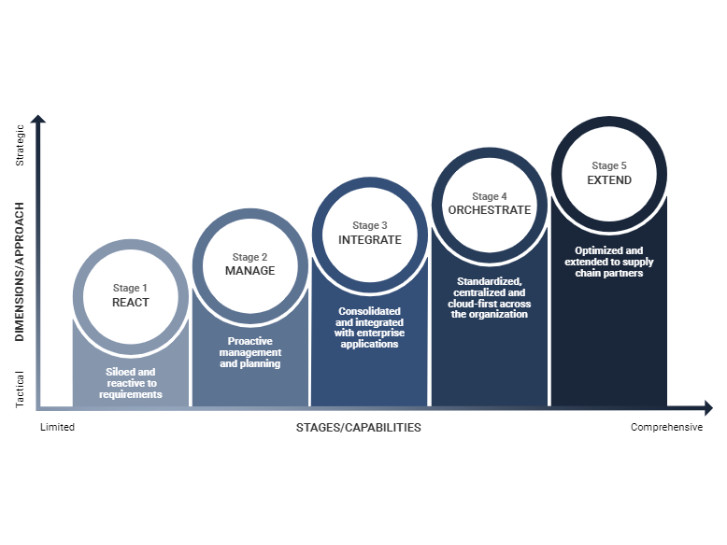
Webinar
Five Stages of Enterprise Labeling Success ... How Do You Stack Up?
Watch the following webinar to learn how to quantify your organization’s current state of labeling along 9 key...

Blog
Are costly unknowns lurking in your supply chain?
Connected networks don’t just fix problems faster; they make supply chains stronger. When suppliers share accurate...
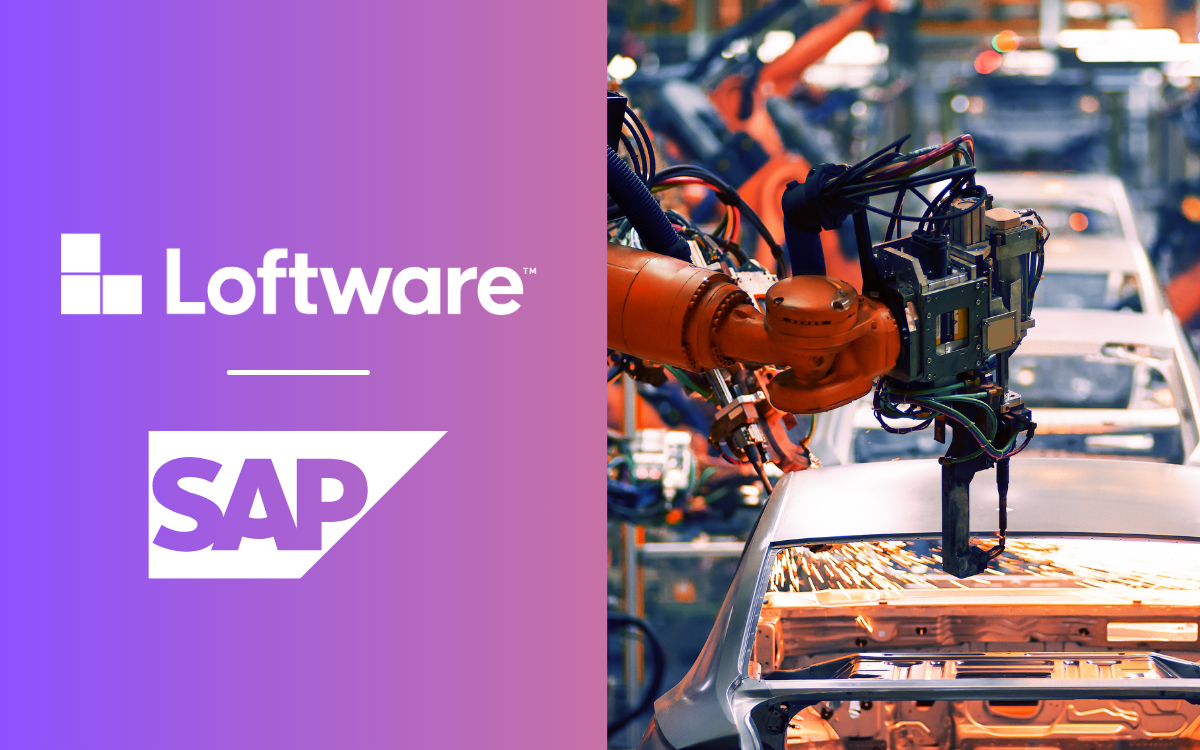
Webinar
Steering Through Change: Executive Perspectives on Automotive Trends
Watch this webinar as Greg MacKinnon, VP of Value Advisory at Loftware, leads a discussion with automotive industry...


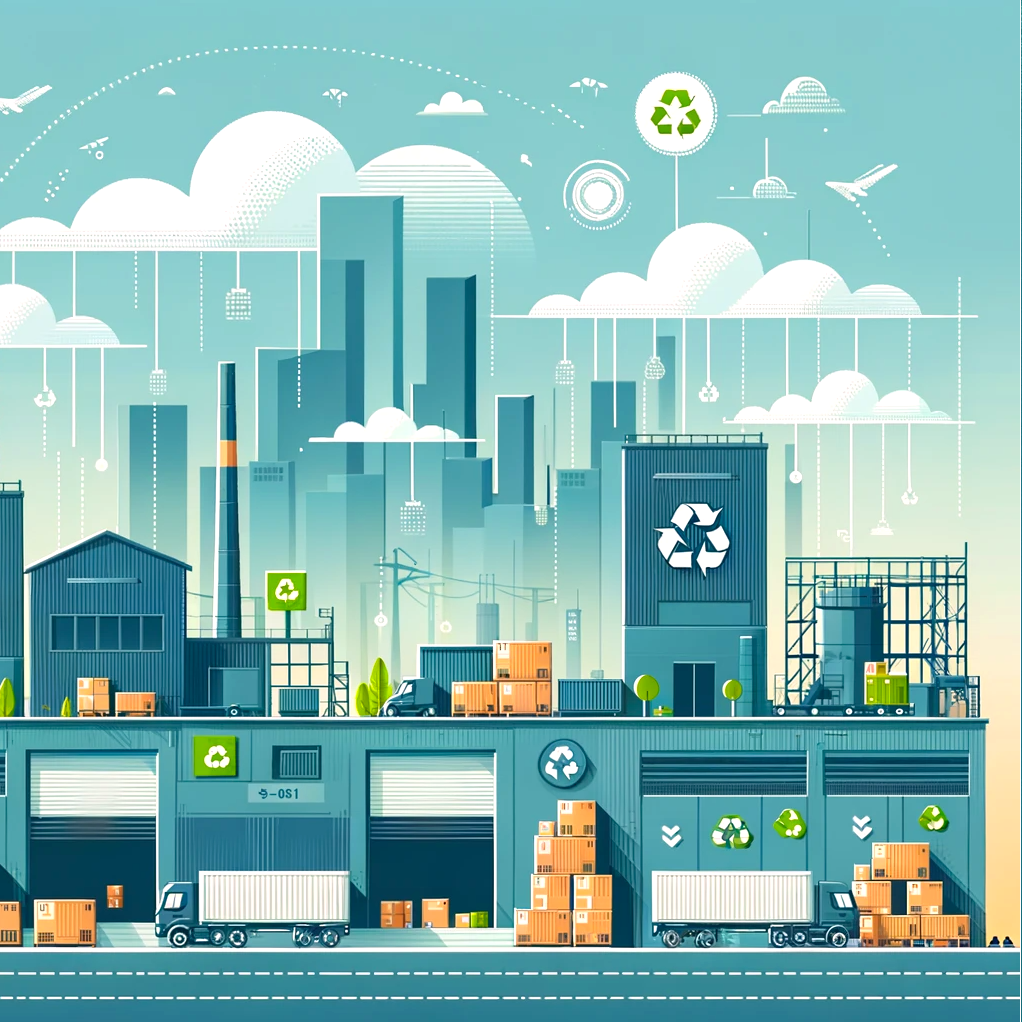
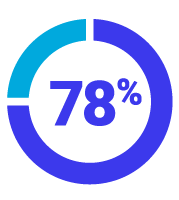



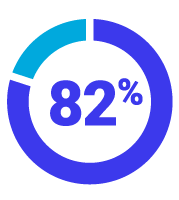
 In today's dynamic business landscape, companies find themselves struggling with escalating cost pressures. The focus now is to proactively embrace innovative strategies and technologies to not only weather this storm but also seize bigger opportunities for cost-cutting measures. Many business leaders today are feeling the weight of rising energy prices. However, cloud-based solutions are designed to optimize resource utilization and energy efficiency in data centers. The enhanced supply chain visibility and flexibility afforded by these technologies allow companies to identify and rectify inefficiencies, reduce inventory levels, and eliminate waste from pre-printed label stock. It also minimizes transportation costs, eventually leading to considerable savings across the enterprise. By hosting mission-critical business processes such as labeling in the Cloud, companies can reduce their energy consumption and carbon footprint, resulting in lower utility bills and reduced environmental impact - all while aligning with their sustainability goals.
In today's dynamic business landscape, companies find themselves struggling with escalating cost pressures. The focus now is to proactively embrace innovative strategies and technologies to not only weather this storm but also seize bigger opportunities for cost-cutting measures. Many business leaders today are feeling the weight of rising energy prices. However, cloud-based solutions are designed to optimize resource utilization and energy efficiency in data centers. The enhanced supply chain visibility and flexibility afforded by these technologies allow companies to identify and rectify inefficiencies, reduce inventory levels, and eliminate waste from pre-printed label stock. It also minimizes transportation costs, eventually leading to considerable savings across the enterprise. By hosting mission-critical business processes such as labeling in the Cloud, companies can reduce their energy consumption and carbon footprint, resulting in lower utility bills and reduced environmental impact - all while aligning with their sustainability goals. 